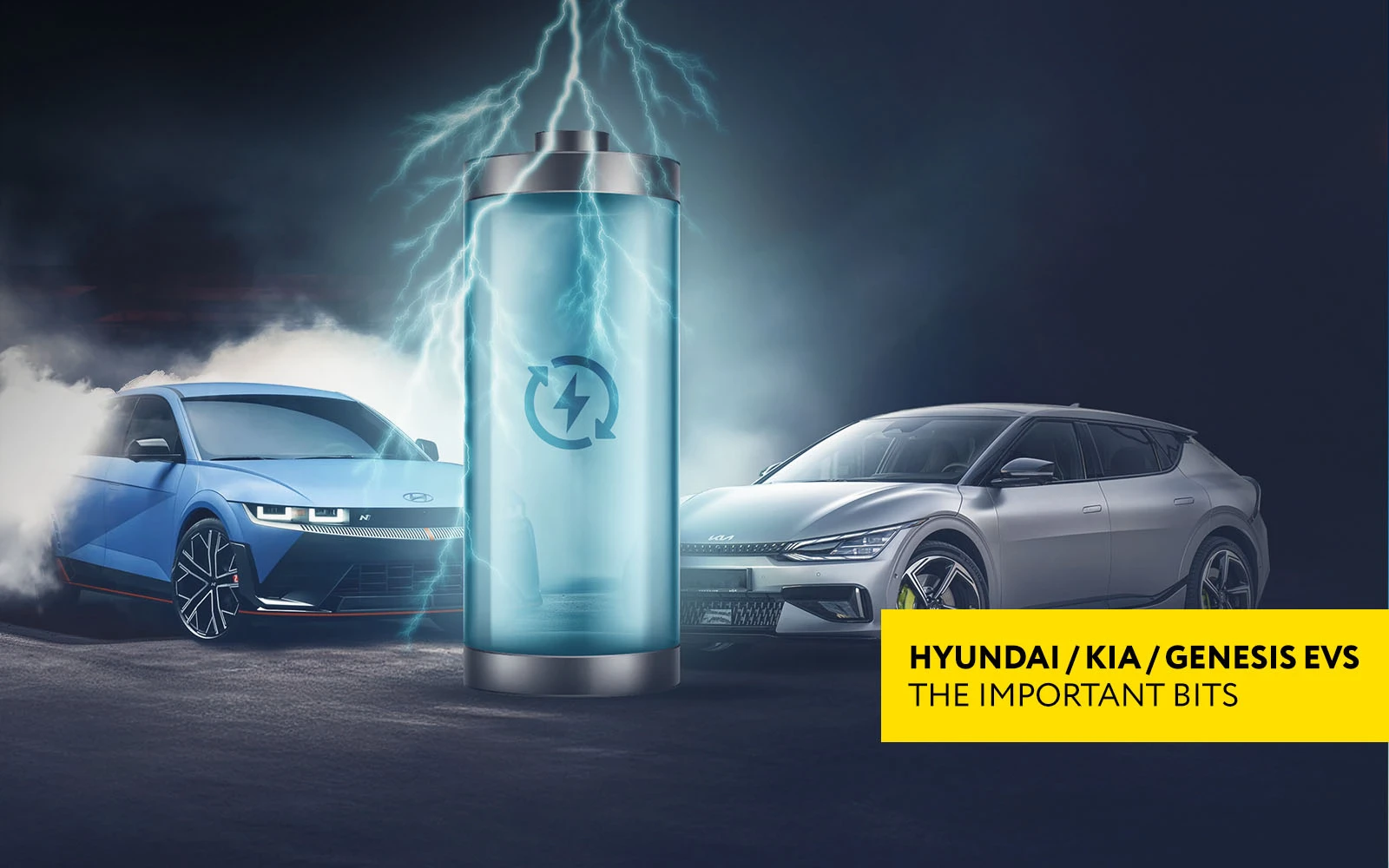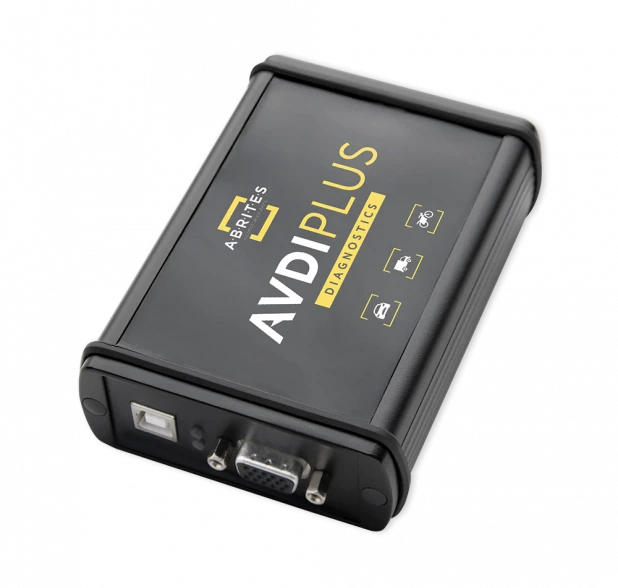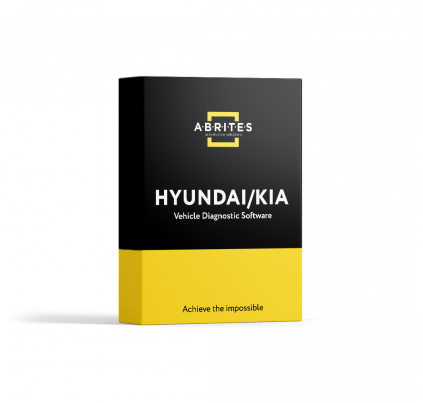
Hyundai/ KIA EV models– The important Bits
Every automotive journalist from magazines to blogs and YouTube videos is telling us the same thing – EVs are dead, there will never be any sense in buying new ones. “We will only have hybrids now”. Even if that statement is true and we never have a new electric car ever built again we need to take care of the ones already on the road.
So many end customers have EVs that they are happy with and need our support.
I. Standard Diagnostics.
Here is where the Abrites Diagnostics for Hyundai/ Kia (Genesis cars are also included) starts with diagnostics –
![]() Fault finding is the main part of resolving issues with EVs just as it is in regular ICE cars
Fault finding is the main part of resolving issues with EVs just as it is in regular ICE cars
![]() Fault code finding, actuator testing, live value monitoring
Fault code finding, actuator testing, live value monitoring
Everything you need is in the tool when it comes to diagnostics but also you have more ![]() – for example every single live value related to battery and Electric motors – you have it there.
– for example every single live value related to battery and Electric motors – you have it there.
II. VCU replacement.
When you are replacing a VCU (Vehicle Control Unit) you face a challenge – there are no tools for this job out there other than AVDI.
One of the cases we recently had is described in our video on the VCU replacement was different to the others – the VCU was crushed during an accident and was completely useless for anything else than a wall ornament.
The interesting thing about VCUs is that the car is completely useless without it. We bought a new one, put it on a bench, wired it up to the Distribution Box and neutralized it.
After the neutralization process was complete we just went to the car and started it right away. Immediately, straight away.
There is a great “How to adapt a used VCU” in this video
VCU neutralization and plug and play installation is a thing, even though I never thought it will happen. Required just the HK010 License and it neutralizes all, not just electric car VCU modules on bench using the Distribution Box. If you are neutralizing in the car you are going to need the PIN code. VIN change in VCUs is done by OBD only if the car is not using UDS. Examples for such cars are the KONA/ NIRO up to 2024.
III. Cluster Calibration is done using the RH850 programmer - HK013 License
And the dashboards we currently support are the ones produced by DENSO. Fujitsu and Continental will follow as soon as we possibly can.
Cluster VIN calibration is completed by OBD so this is also an additional bonus when working on KIA, Genesis and Hyundai cars.
IV. IBU (Integrated Body Unit) neutralization - HK011 License
This task is completed using the HK009 (now inlcuded in HK010) but when doing that function you will be required to know the pin code of the car. This can be completed using the pin extracted using the HK011 License
V. Key programming is possible for most cars
We support most of them. Sure, there will be cars that are not supported, not just EVs but also ICE and Hybrid cars too. This is not the limiting factor, as a matter of fact – there is no limiting factor apart from feedback from you guys which we really require.
Extracting the pin is supported for about 70% of the cars equipped with IBU so here is a bit of a limitation for you. As a matter of fact it surpasses any competition by at least 20% support to fail ratio. As mentioned above the HK011 is responsible for PIN and KEY in all Hyundai/ KIA/ Genesis vehicles. The ability to extract a pin from the key is there and the percentage of success grows every day.
In conclusion, there is almost nothing impossible for EV by Hyundai/ KIA/ Genesis cars up to 2024 and there is almost no good competition out there, so if I were you I would most certainly at least consider AVDI as the next tool for me.
Working on Hyundai/ KIA/ Genesis cars are best supported via AVDI both for EV cars, ICE cars and Hybrids.
SEE ALL solutions for HYUNDAI/KIA
Until next week, try to have fun at work ![]()
Alek
Videos

Hyundai Ioniq 5 Electric Vehicle Control Unit (VCU) Neutralization in 5 minutes! (AVDI and DS Box)
Fast and simple EVCU replacement procedure! Remove the faulty Vehicle Control Unit from the Hyundai/KIA EV, neutralize a second-hand one, and simply install in the vehicle. No additional procedures! Turn the ignition on and go!
 Annual Subscription
Annual Subscription
 AVDI
AVDI
 Advanced module neutralization for KIA/Hyundai
Advanced module neutralization for KIA/Hyundai